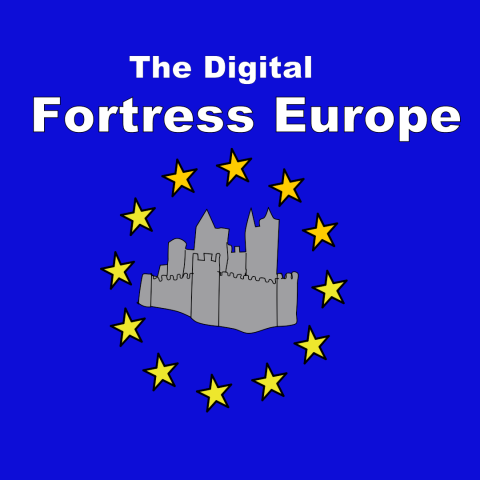China's blind eye turned to copyright law means innovation is shared and built upon in an open source manner. This freedom has allowed Chinese technology companies to progress in leaps and bounds at an unprecedented speed. However, when it comes to communications China's is perhaps the most draconian and regulated internet space in the world. Their internet firewall locks their people into a digital information fortress. This creates an ideological homogeneity and is a creativity killer
Oddly, instead of adopting the more successful of Chinese practices, Western nations have chosen to emulate their worst by enacting legislation toward a digital fortress Europe. Just days before the UK was scheduled to leave, the EU passed articles 11 and 13 which marks the trajectory toward a highly regulated internet. Member states have been instructed to implement these regulations within 2 years.
Theresa May has responded by declaring her plans for the UK to be home to the most highly regulated internet nanny state in the world. So if you wondered what she has talked about for 3 years behind closed doors with her coziest of cozy EU buddies, this should give you some clue. It also signals what we Brexiteers suspected all along, that she doesn't plan to leave (or at least not stray very far). The EU was designed from the outset as a way to enact complex, obfuscated and entangling legislation behind closed doors away from the prying eyes of democracy. As a willing newcomer to the Brussels gang, Theresa May has enthusiastically embraced EU methods for the suppression of democratic debate until such time as it is too late to change course.
It's funny how there has been so little debate about what the public wants for its internet future. Instead, we hear sensationalist media coverage of suicides for which social media is inevitably fingered as being wholly responsible (Nevermind the parents, the schools, the mainstream media or the overall culture). More and more we see lectures and discussions about free speech which pop up in intellectual circles and academic halls. Often these talks are funded wholly or in part by taxpayer money. But far from any real discussion about the pros and cons of internet freedom, inevitably the conclusion has already been drawn - namely, if it doesn't come from the establishment approved mainstream, it's fake news. But mainstream news today is more like press releases from the head office. By contrast, the internet is like gossip on the shop floor. If you're stuck on the factory floor you'd be stupid to only heed the press releases and ignore the gossip.
So have these plans for a Digital Fortress Europe been in the pipeline for years? Has there been subtle orchestration? Plotting behind the scenes? Armies of bureaucrats drafting mountains of legislation? Has there been collusion or dare I say it… conspiracy?
Or do you believe these plans just sprang into existence yesterday?

